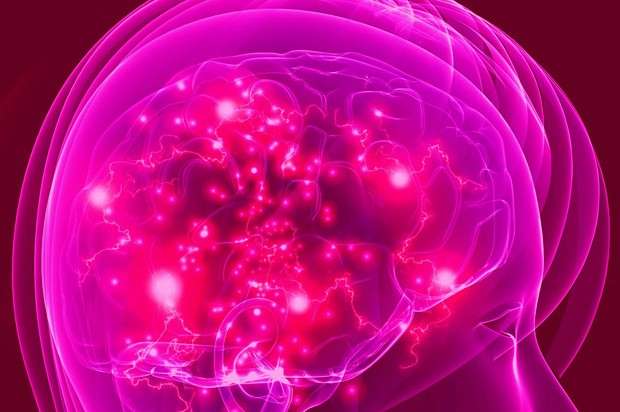In utero conditions can affect a teen's brain development

A new study shows that what happens to a fetus in the womb can affect the brain later in life.
In a paper recently published in Human Brain Mapping, a team of researchers from the Quebec-based Research Unit on Children's Psychosocial Maladjustment shows how the in utero environment can play a role in the development of brain processes.
For the study, Linda Booij, associate professor of psychology in Concordia's Faculty of Arts and Science and a researcher at Sainte-Justine Hospital Research Center, worked with researchers from various institutions in the province of Quebec.
The team followed pairs of genetically identical twins from birth into their teenage years. They measured the twins' weight at birth to assess whether different environmental factors had affected them while in the womb.
What they found is that the in utero environment was linked to the development of the cortex, a part of the brain that has many functions including regulating emotions and is involved in various cognitive abilities.
Size matters
Because twins share a prenatal environment, the fetuses have many environmental characteristics in common, like gestational age and the mother's lifestyle. However, when they're born, they can still differ in birth weight.
"Since the twins in our study are genetically identical, this difference in birth weight must be due to specific factors acting in utero," Booij explains.
"For instance, one fetus might have a better placement in the womb or better access to nutrition."
Previous research has shown that birth weight is a predictor of the way the brain develops. In the present study, Booij and her colleagues found that within genetically identical twin pairs, variations in birth weight were related to differences in the structure of the cortex, an association that cannot be explained by the genetic code in this case.
Brain structures
The researchers followed the twin pairs through to adolescence, conducting brain imaging to study the structure of the cortex in a subgroup of 52 pairs. They also collected DNA to study epigenetics—changes in the activity of how a gene is expressed through environmental experiences, rather than alteration of the genetic code itself.
"By the time our participants had reached teenagehood, differences in brain volume were present in the cortex, which is where much of our regulation of emotions and cognitive processes takes place," says Booij, who is now also affiliated with Concordia's PERFORM Centre.
"Interestingly, twins with large differences in birth weight and cortical structure also had epigenetic differences. This means that what happens in utero may affect a person's brain development by the time they reach their teen years, and that epigenetic processes may play a role in this relationship."
Booij and her colleagues hope that this study will shed more light on the specific role of early environmental influences on brain development, gene expression and emotional regulation.
"Our results will hopefully contribute to a better understanding of possible ways to foster optimal early brain development and prevent emotional and cognitive problems in youth."
More information: Kevin F. Casey et al. Birth weight discordance, DNA methylation, and cortical morphology of adolescent monozygotic twins, Human Brain Mapping (2016). DOI: 10.1002/hbm.23503
















